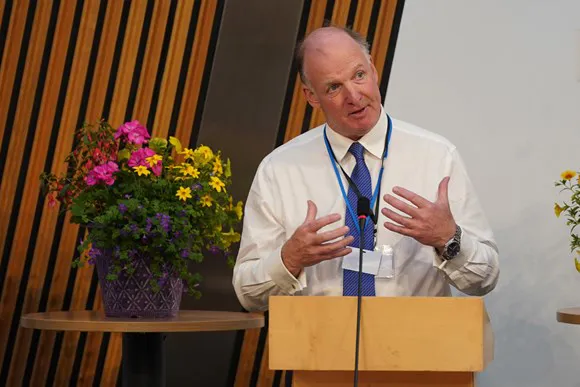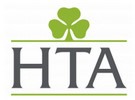The Horticultural Trades Association (HTA) has set out a detailed response to the Scottish Government Consultation on Ending the Sale of Peat, representing the views from the breadth of its 1,400-strong membership – from growers to landscapers, retailers to manufacturers.
The consultation, which launched in February and closed on 12 May, follows the 2022 UK government consultation. It is a critical issue for an industry which supports nearly 700,000 jobs, has a national GDP of almost £28 billion, mitigates climate change and benefits the health and well-being of 30 million gardeners in the UK. In Scotland, this is broken down as a contribution of £2.8bn towards GDP and over 64,000 jobs. This has the potential to rise significantly by 2030 if the industry and key stakeholders work together now.

The HTA response in summary:
- Work with horticulture experts to develop a roadmap to transition to peat-free in a way that is sustainable, achievable, and delivers on sector growth.
- Any regulation or policy on ending the sale of peat must have a comprehensive and open economic impact assessment looking at the environmental and economic consequences, informed by industry and sector expertise.
- Industry supports a transition to peat-free & has made huge progress.
- Alternatives to peat need to deliver on the quality and variety of plants and products that can be produced that are so valued by gardeners, green spaces, and Scottish biodiversity.
- Time is needed for transition – seasonality is key.
- Too early an end date for professional uses hugely risks UK plant and tree production.
- Each business is important and unique in its journey to be peat-free, and we must sustain the whole sector so they can grow for Scotland.
James Barnes, HTA Chairman, commented: “We welcome having the opportunity to feed our expert view into the Scottish Government consultation on ending the sale of peat in Scotland. This is a critical issue for HTA members. It has taken hard work and investment, and many businesses are still on the journey. The sector’s progress to date in reducing peat use must be celebrated.
The arbitrary bringing forward of the date for peat removal from the professional sector from 2030 to 2026 by DEFRA remains an existential threat to the size and scale of the Scottish industry. The industry is on target to meet this deadline with certain specialist exemptions. However, reducing the number of growing seasons from 7 to 3 will seriously curtail the ability to trial new mixes effectively, leading to supply shortages. Moreover, banning all imports containing any peat will substantially curtail choice for consumers, leading to both inflation and potential rationing.
We urge the Scottish Government to refrain from following this example. To understand the required timeframes and support horticulture businesses with R&D funding to fully transition from using peat. We want to engage fully with the Scottish Government to ensure we can deliver growth for horticulture and increase gardening and greenspaces with the mass benefits it brings. Our commitment and ambition for the sector in Scotland have been set out in our recent Scottish Environmental Horticulture Growth Strategy, which we are eager can be delivered.”
For more information: Horticultural Trades Association
Horticultural Trades Association
www.the-hta.org.uk
